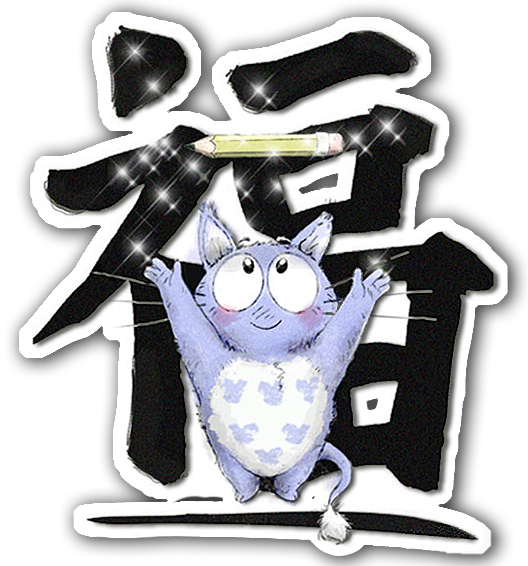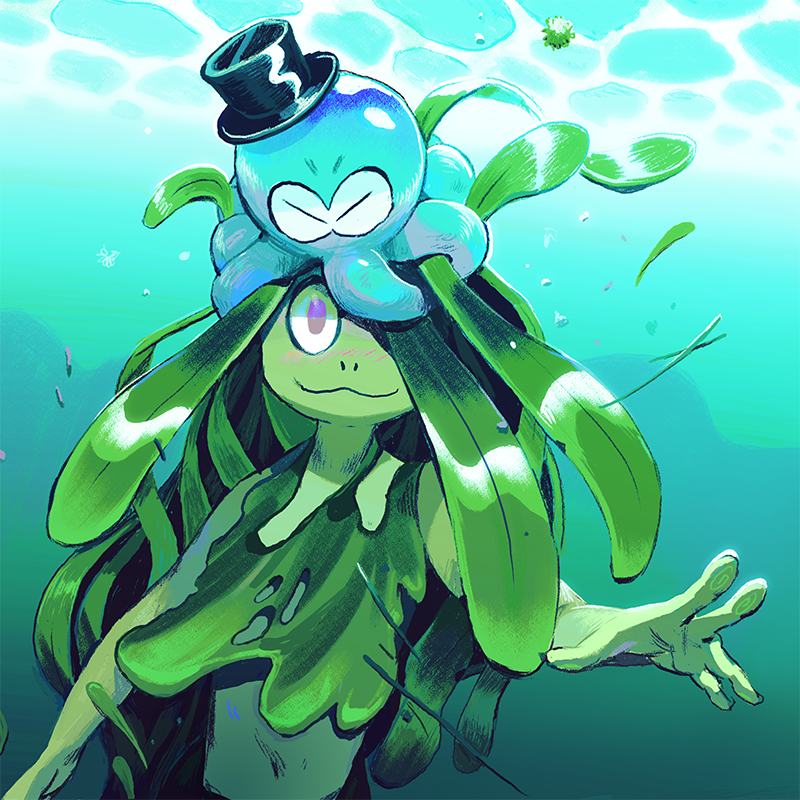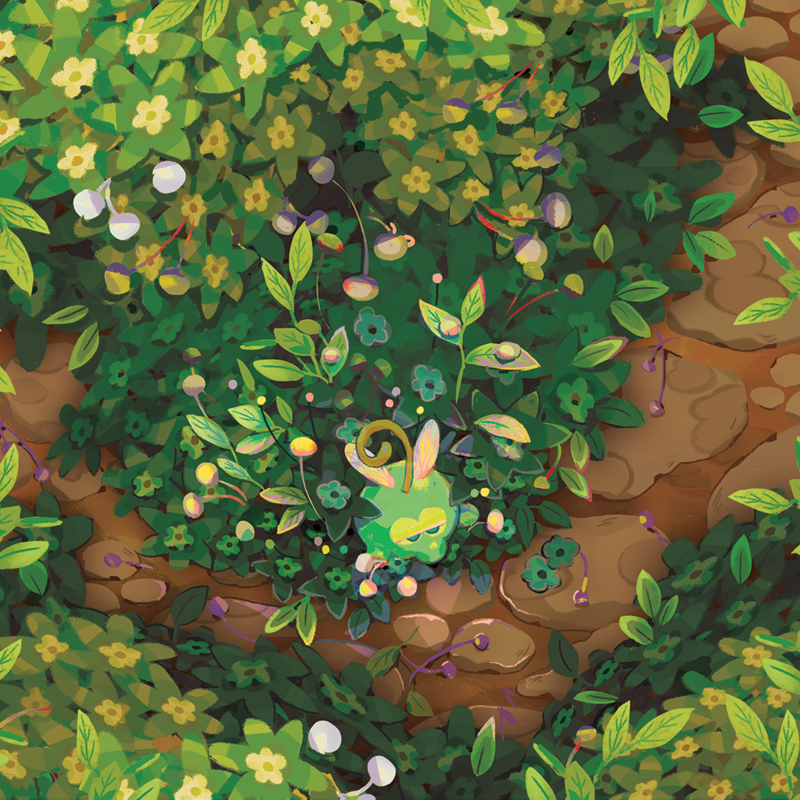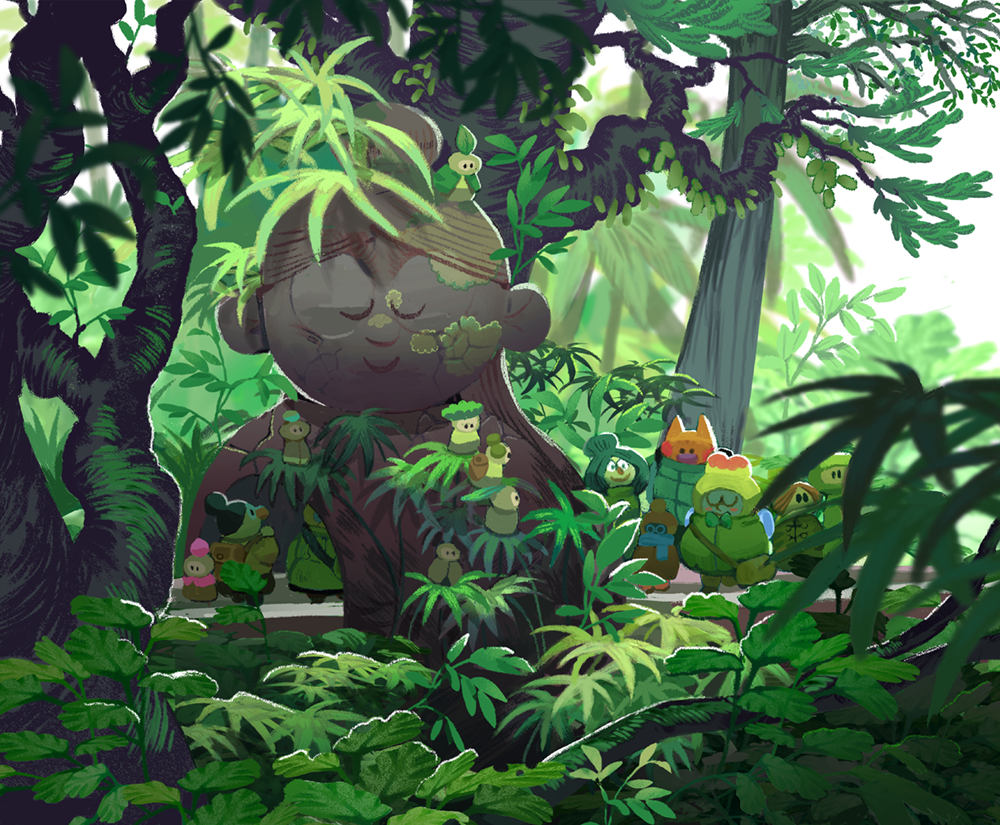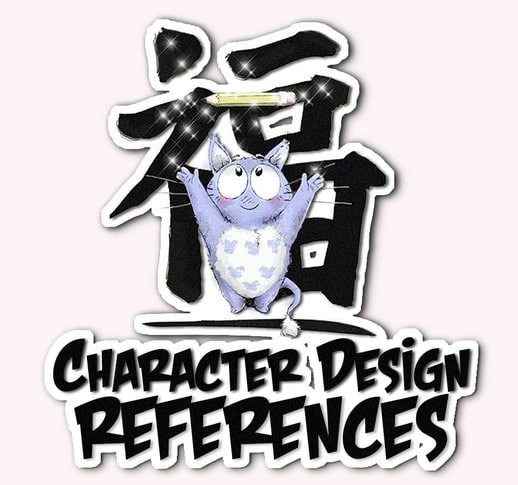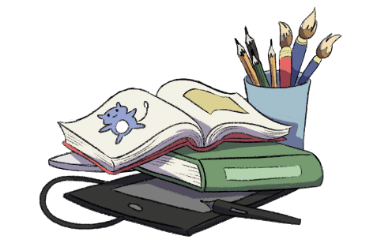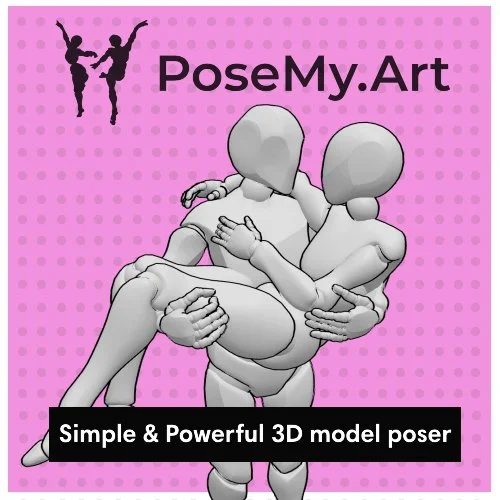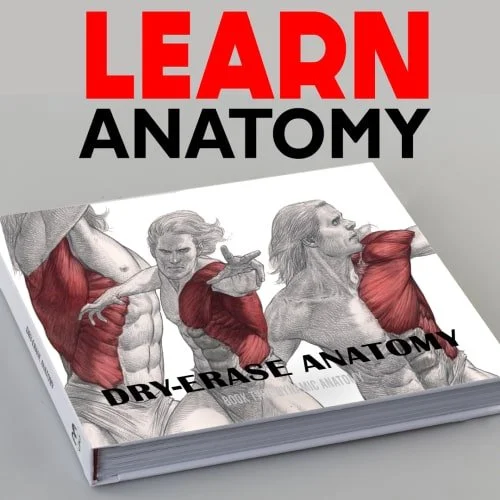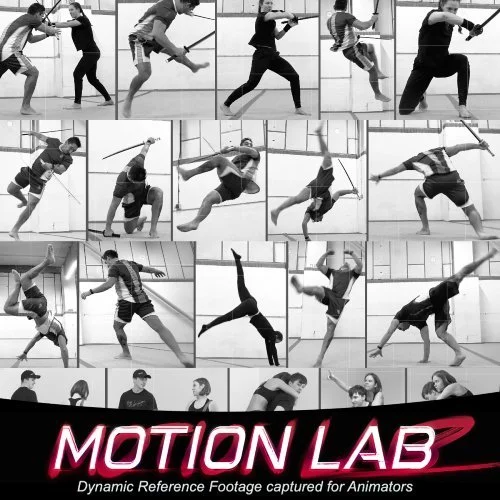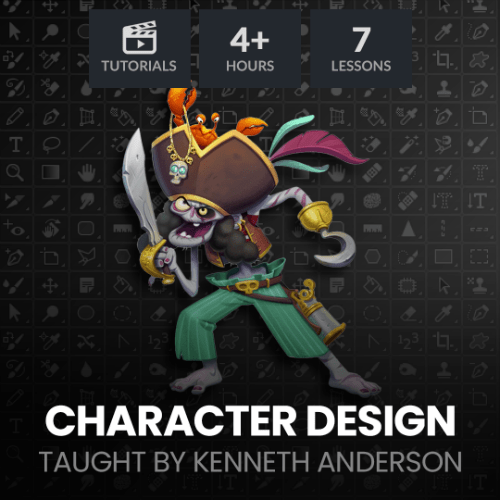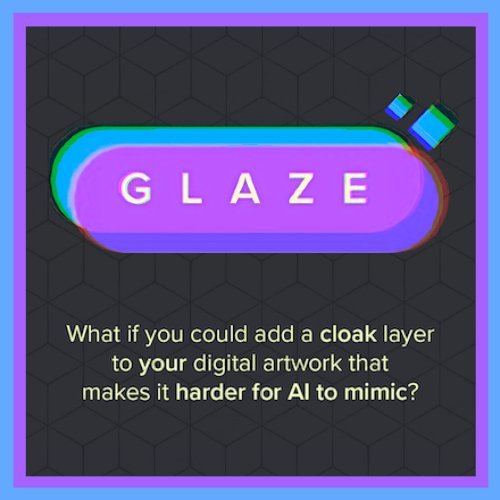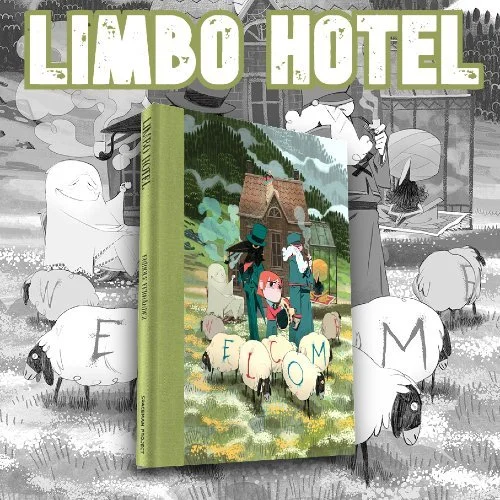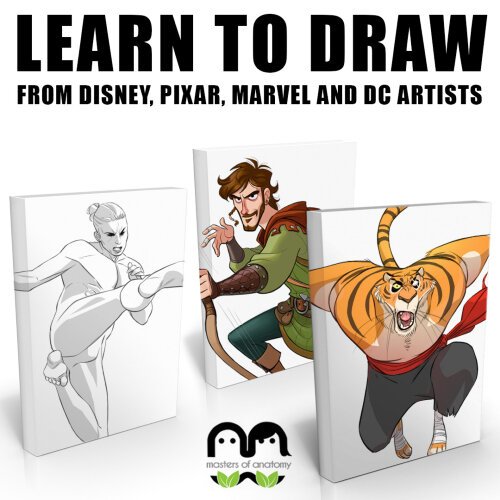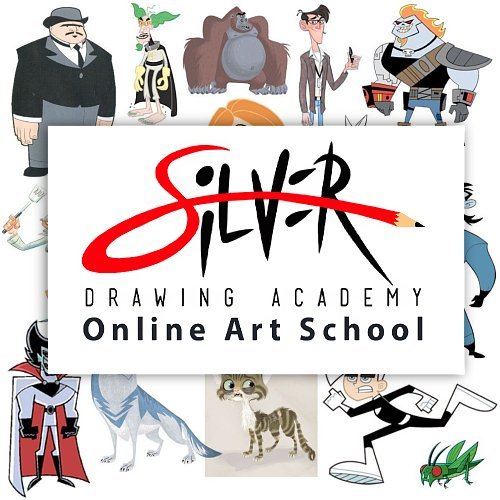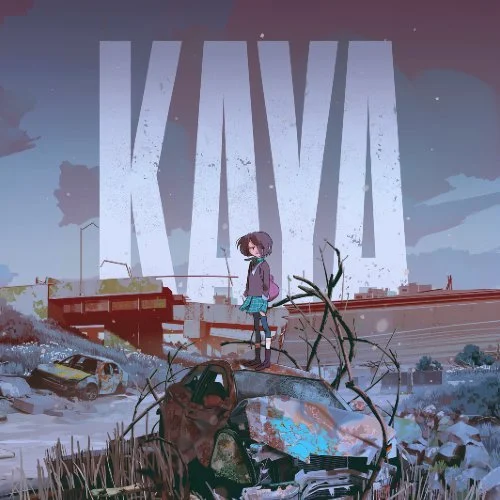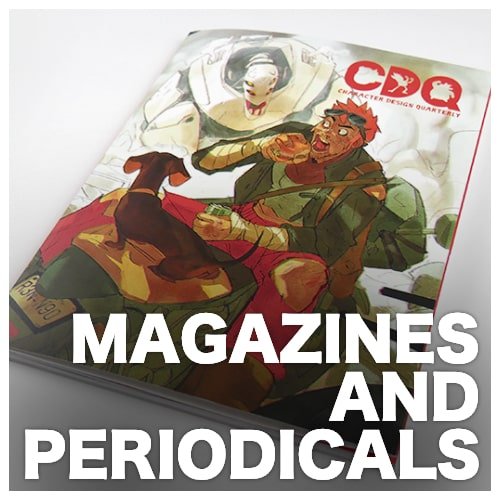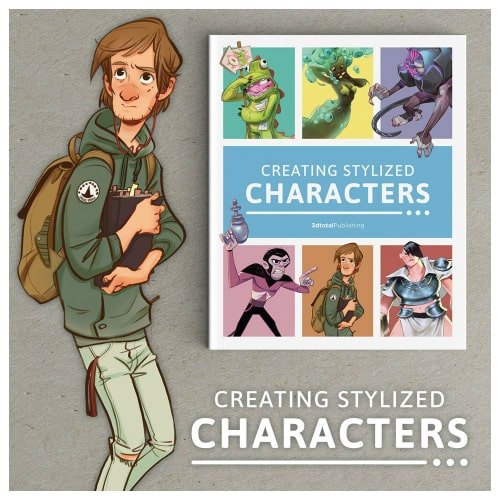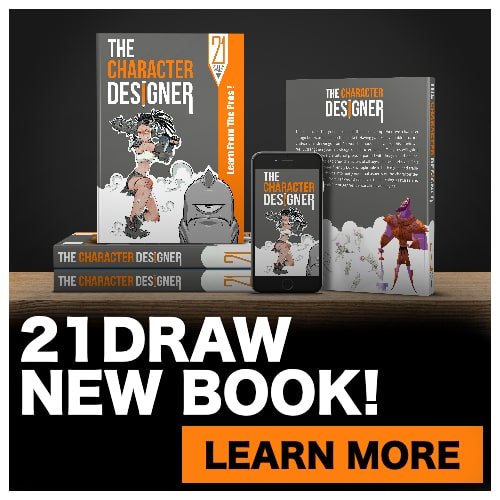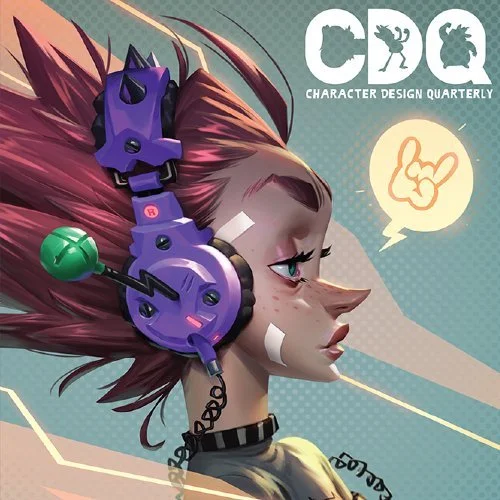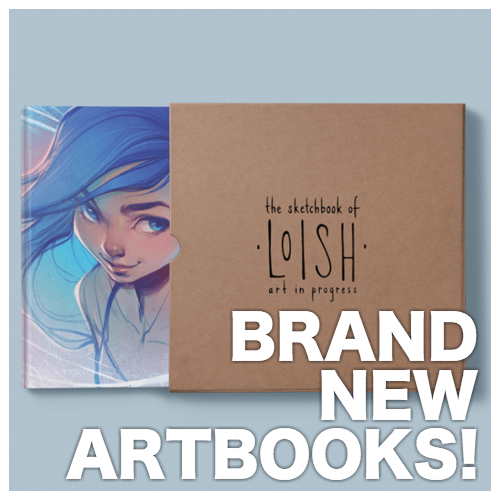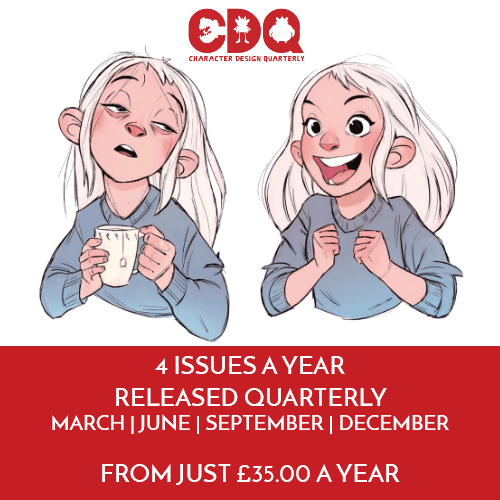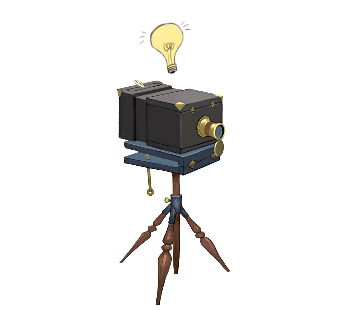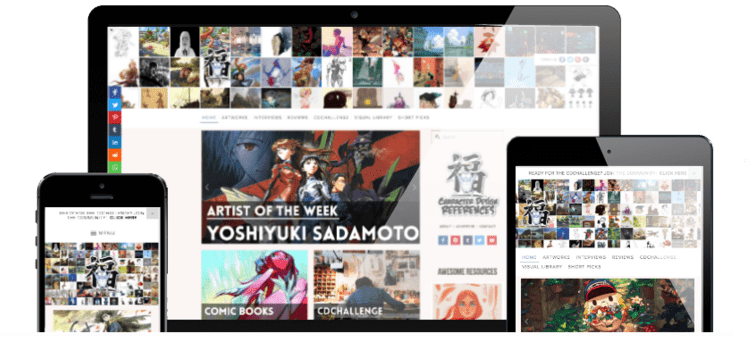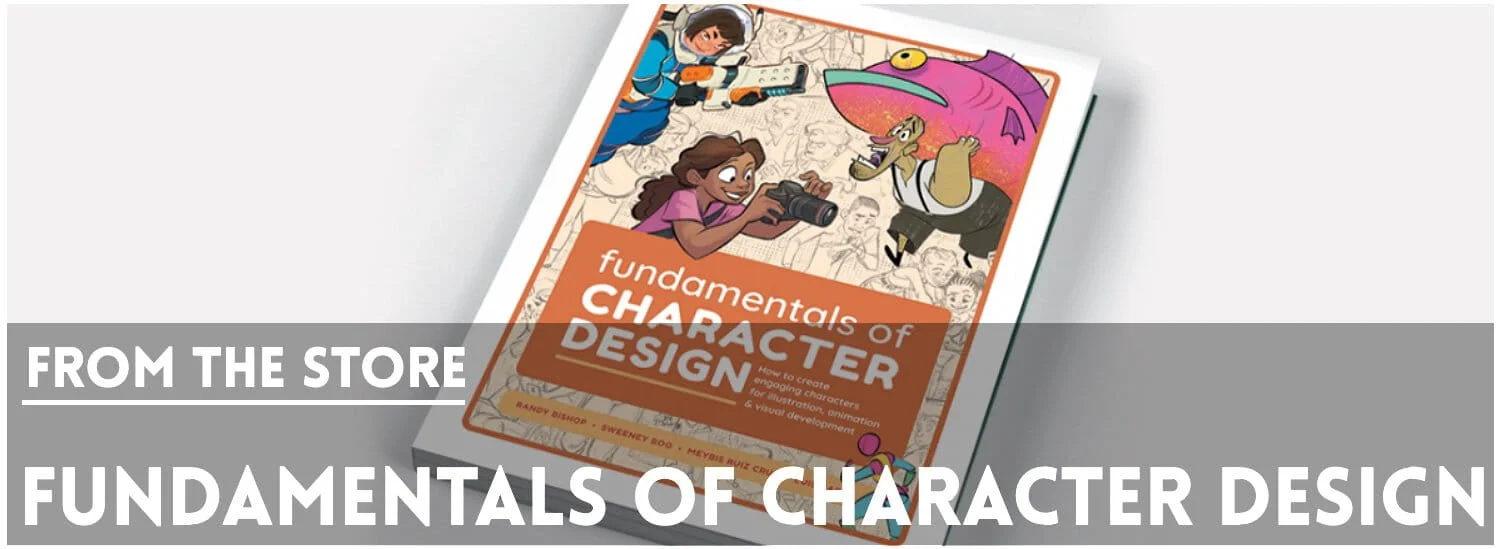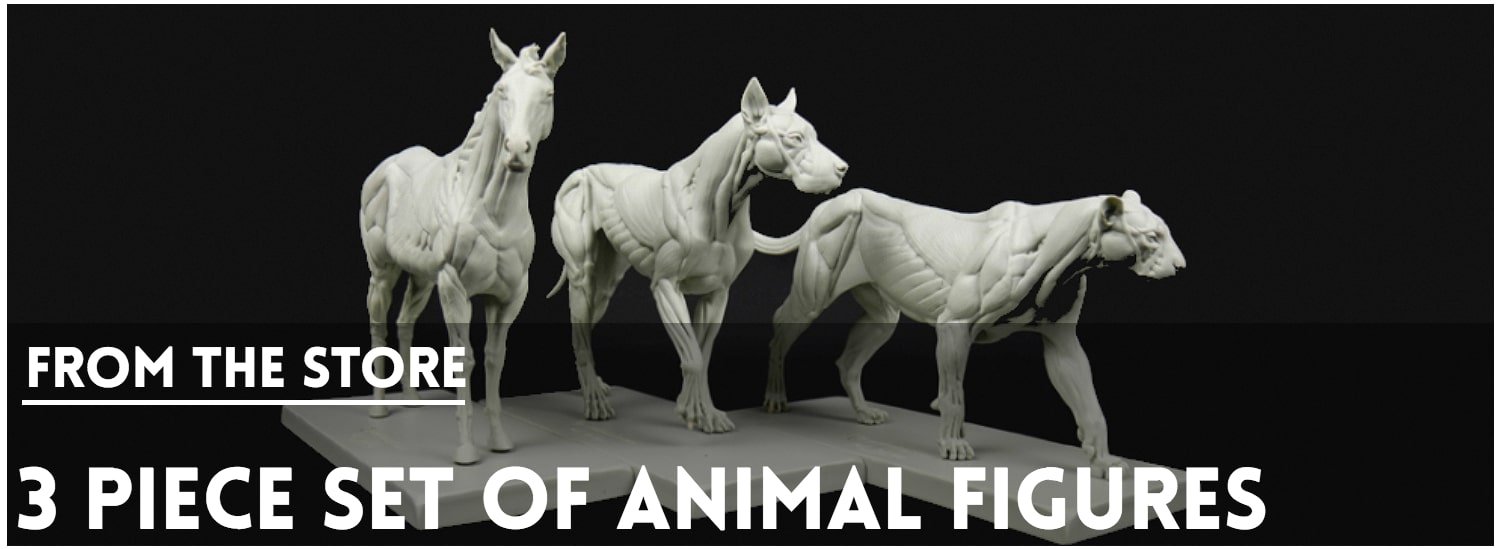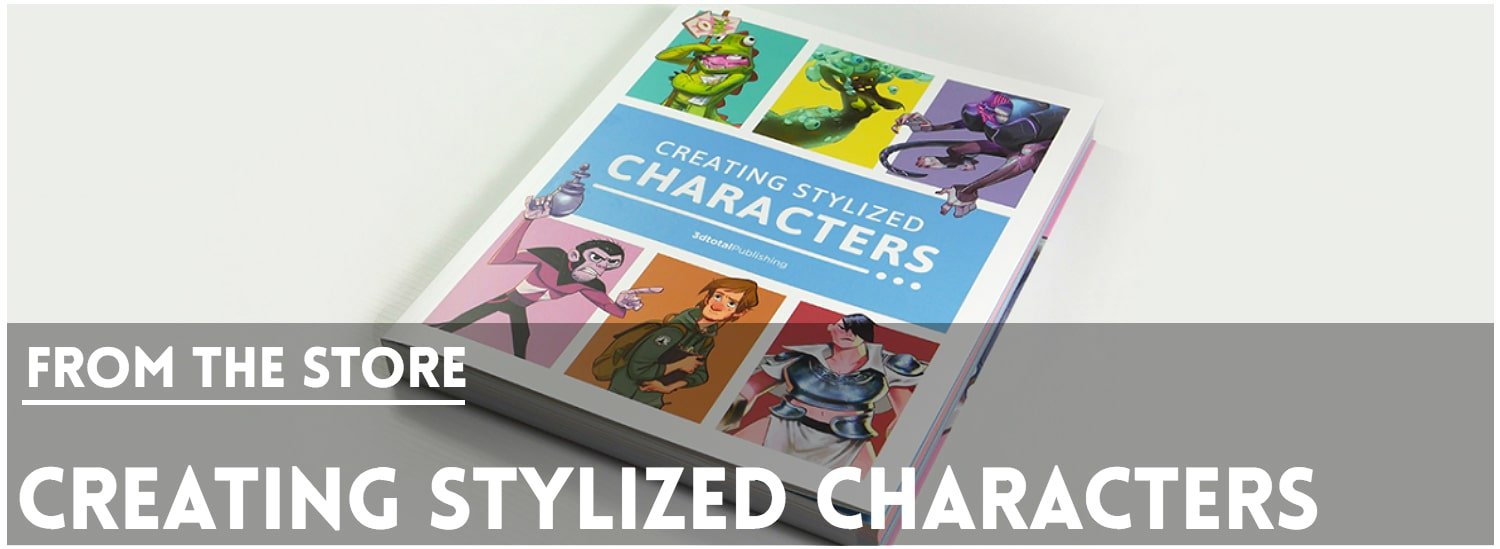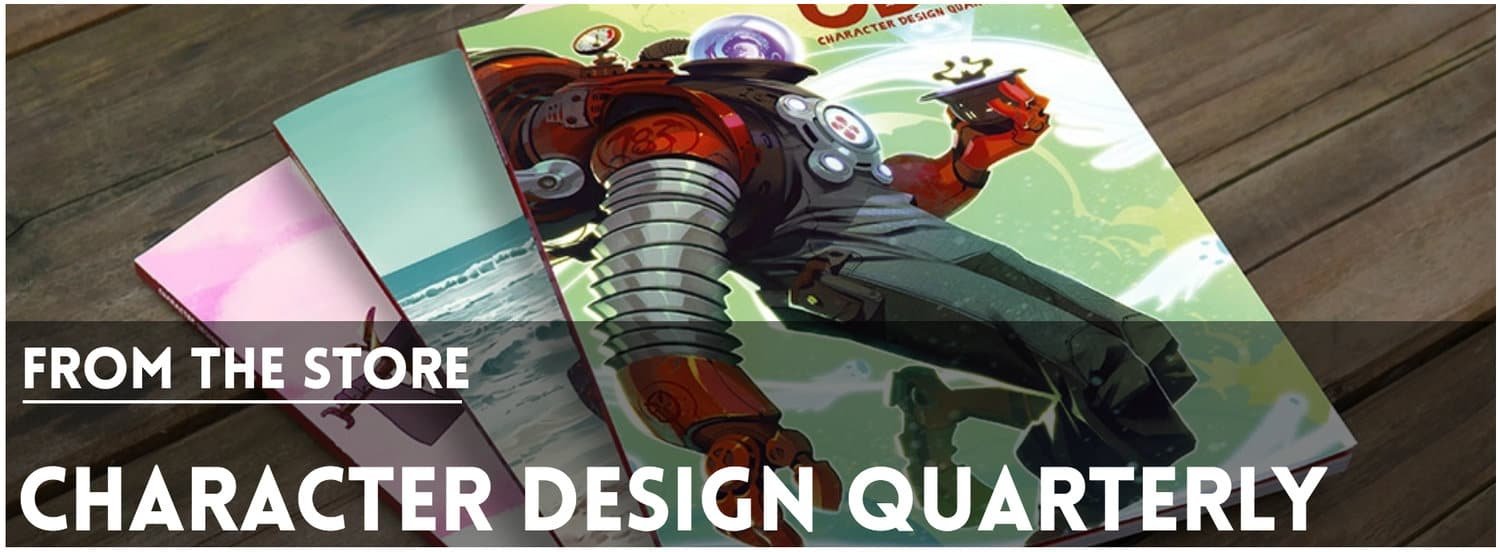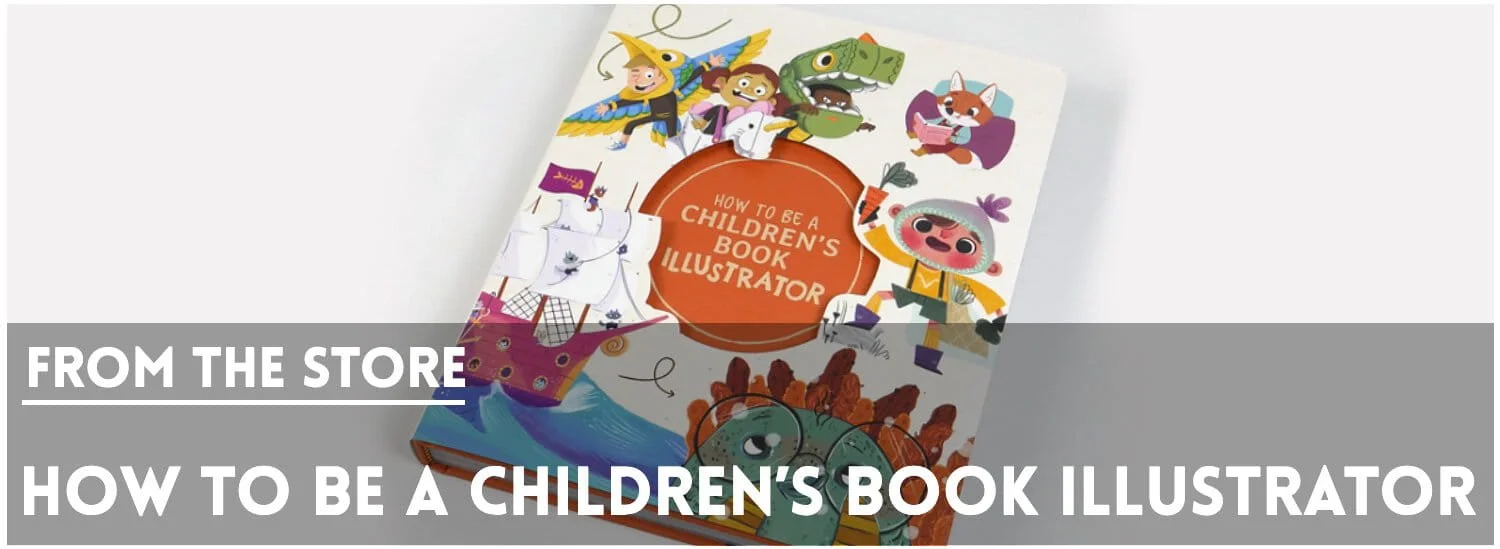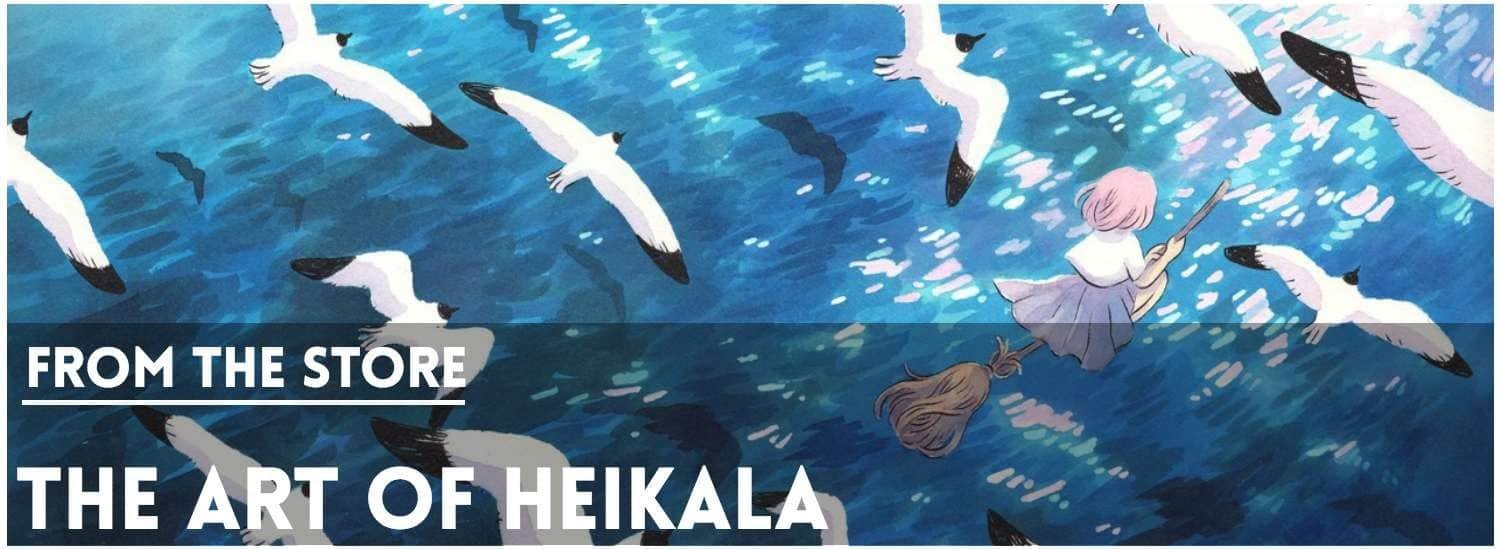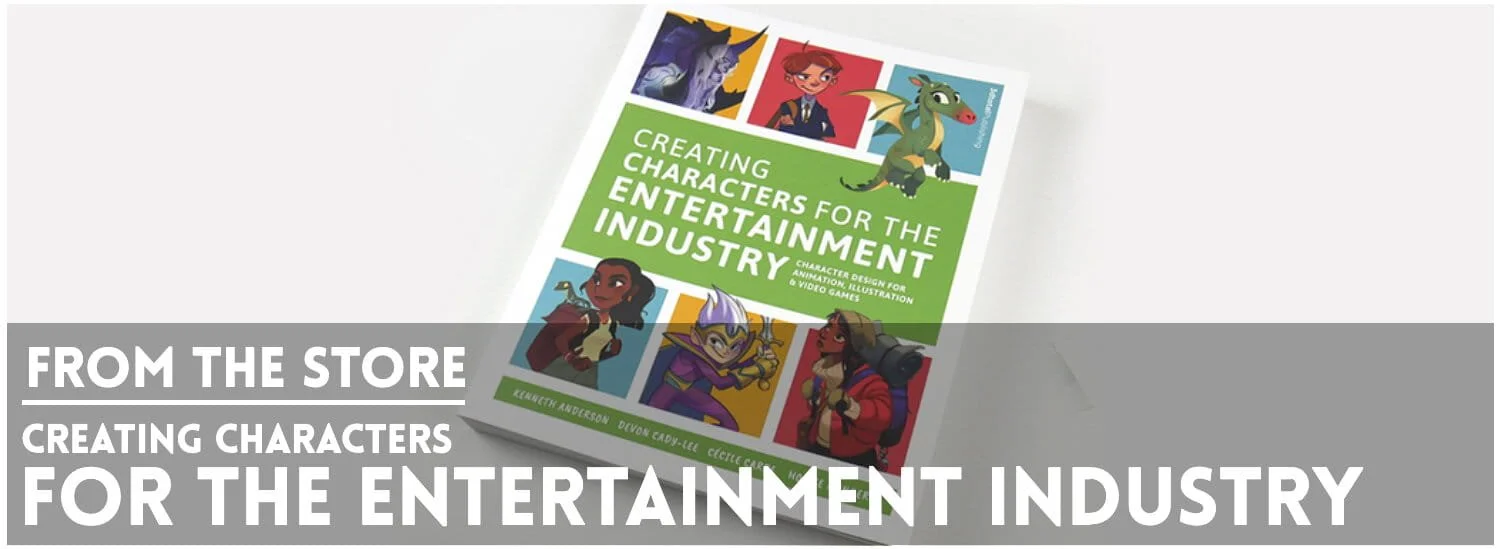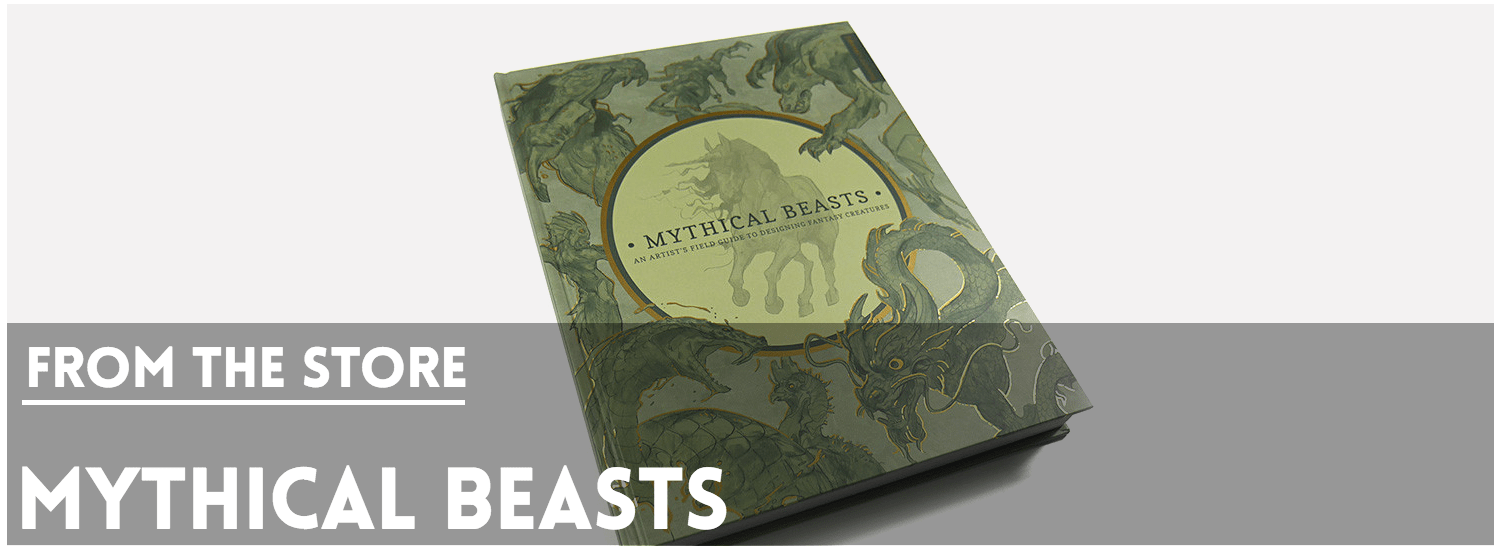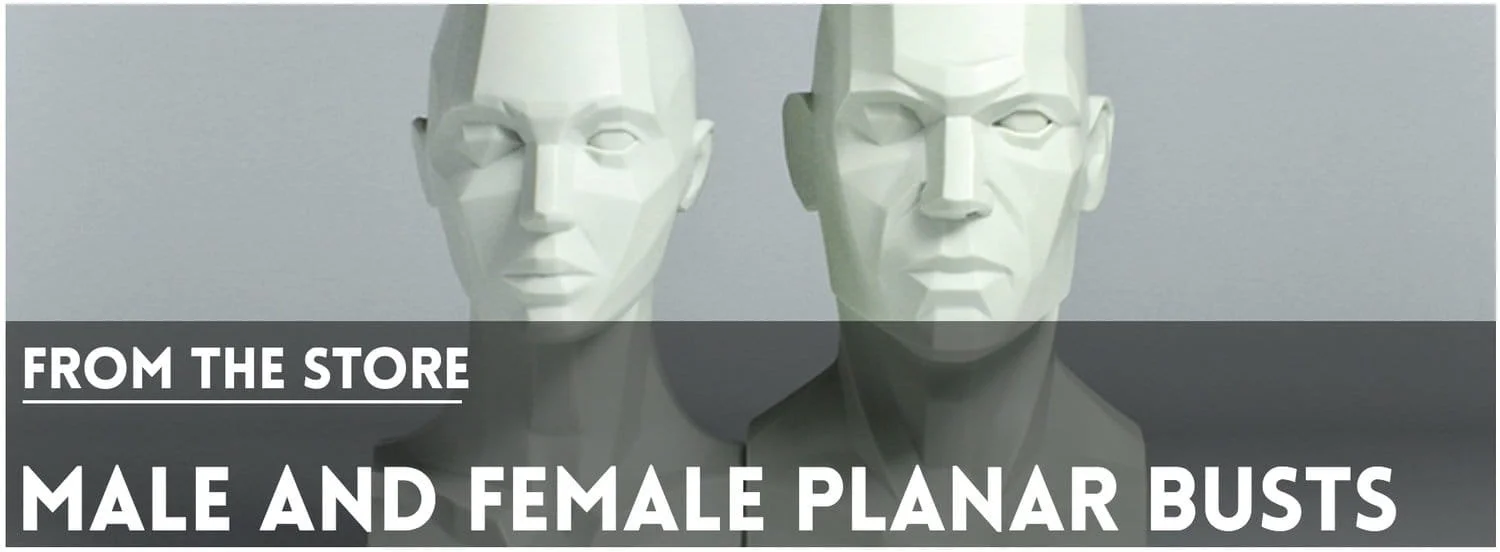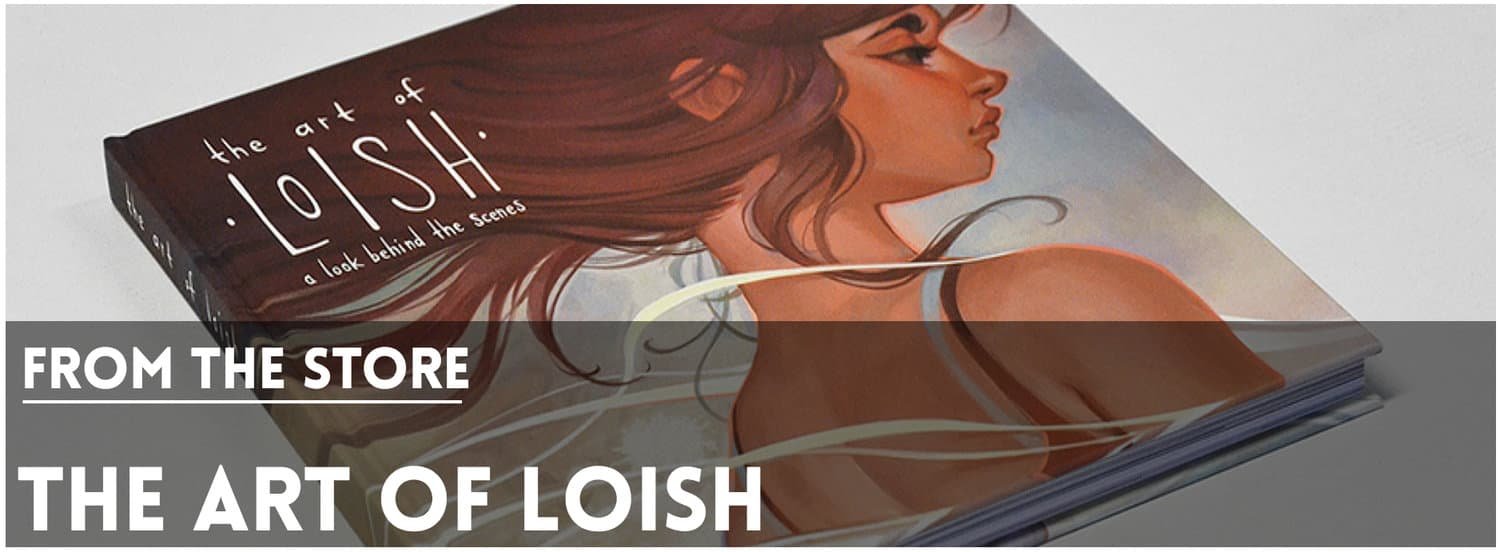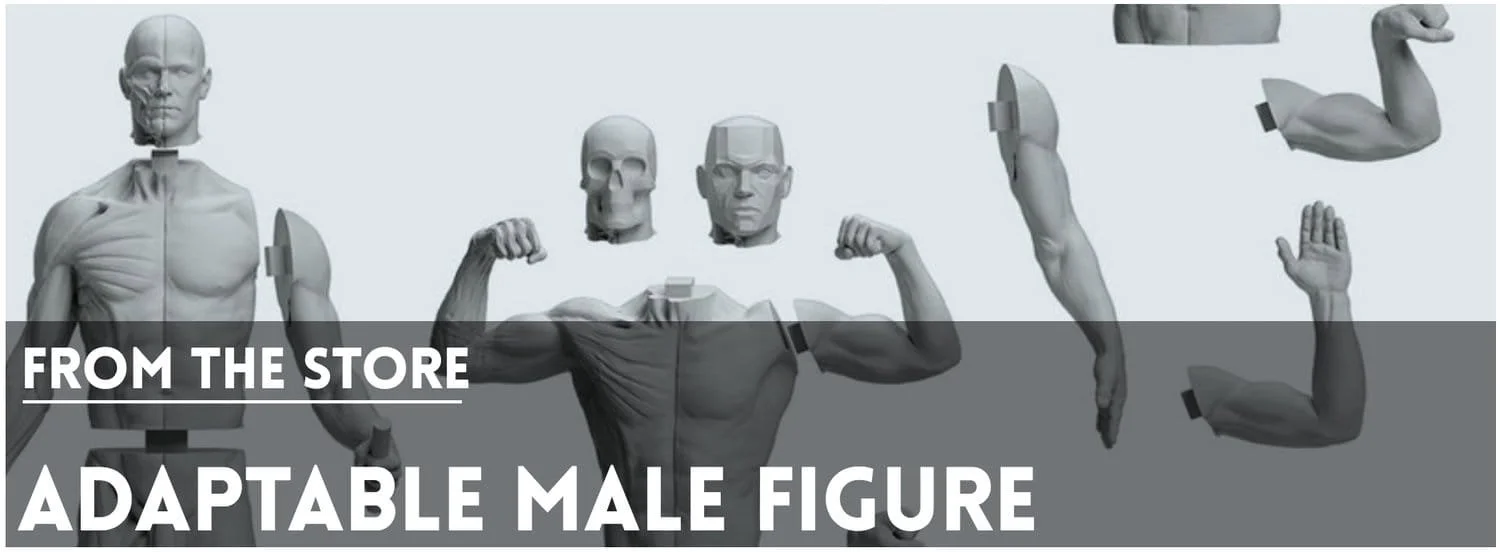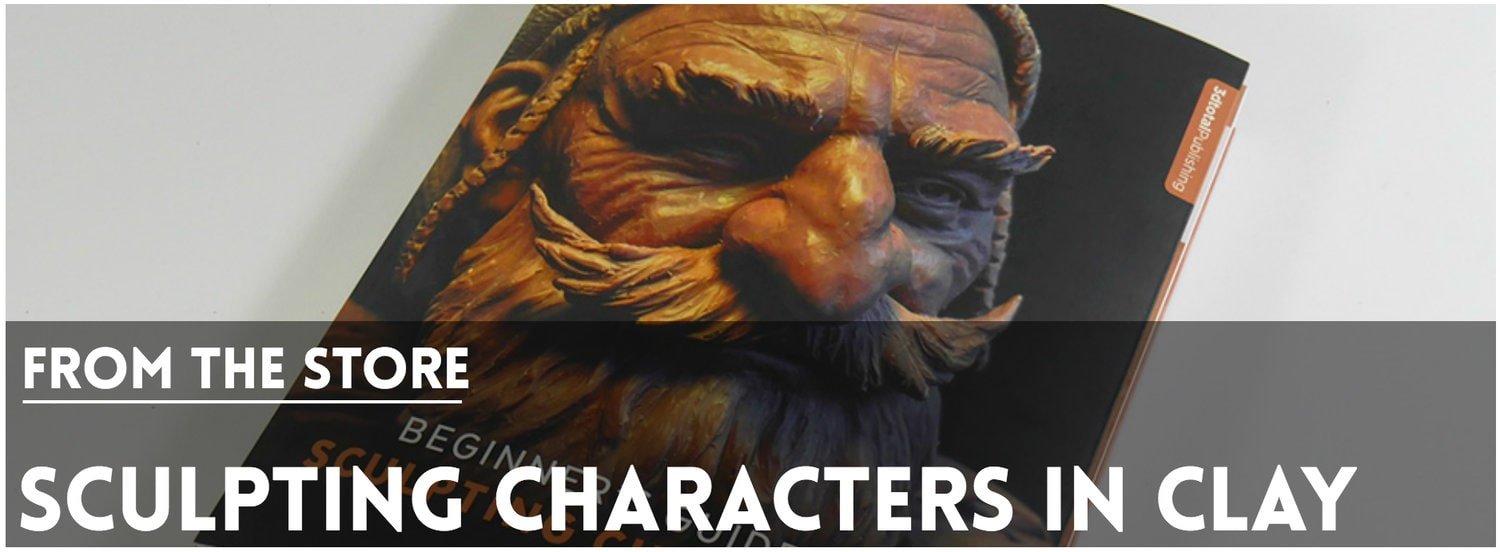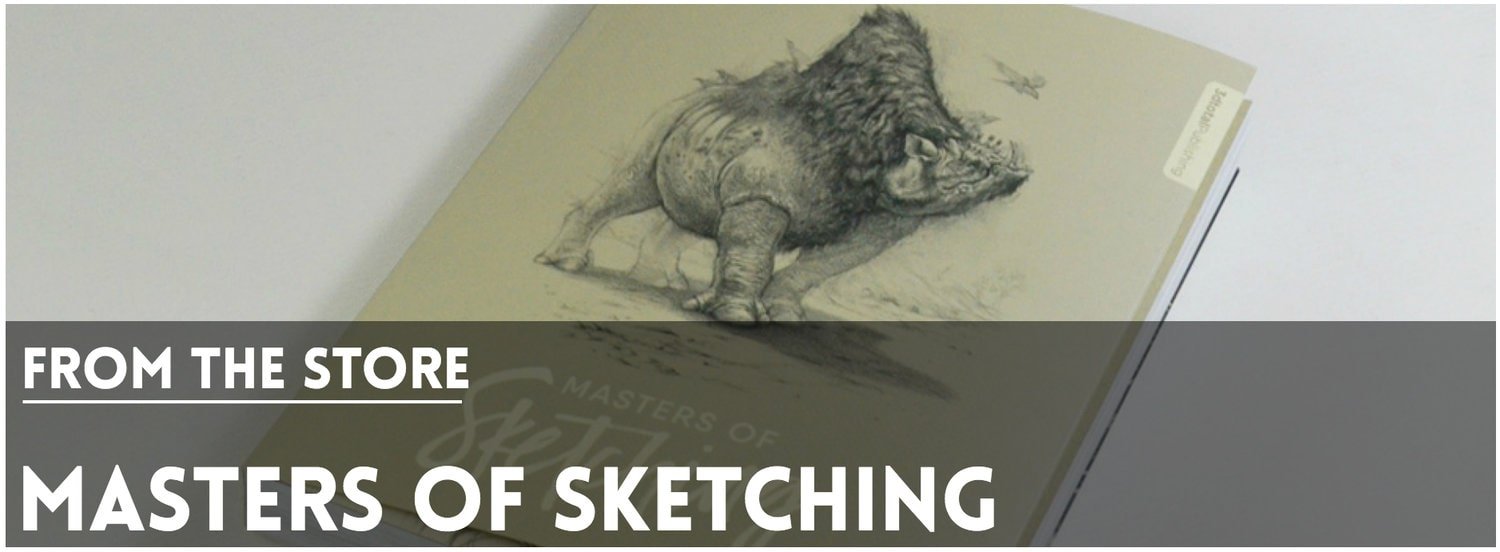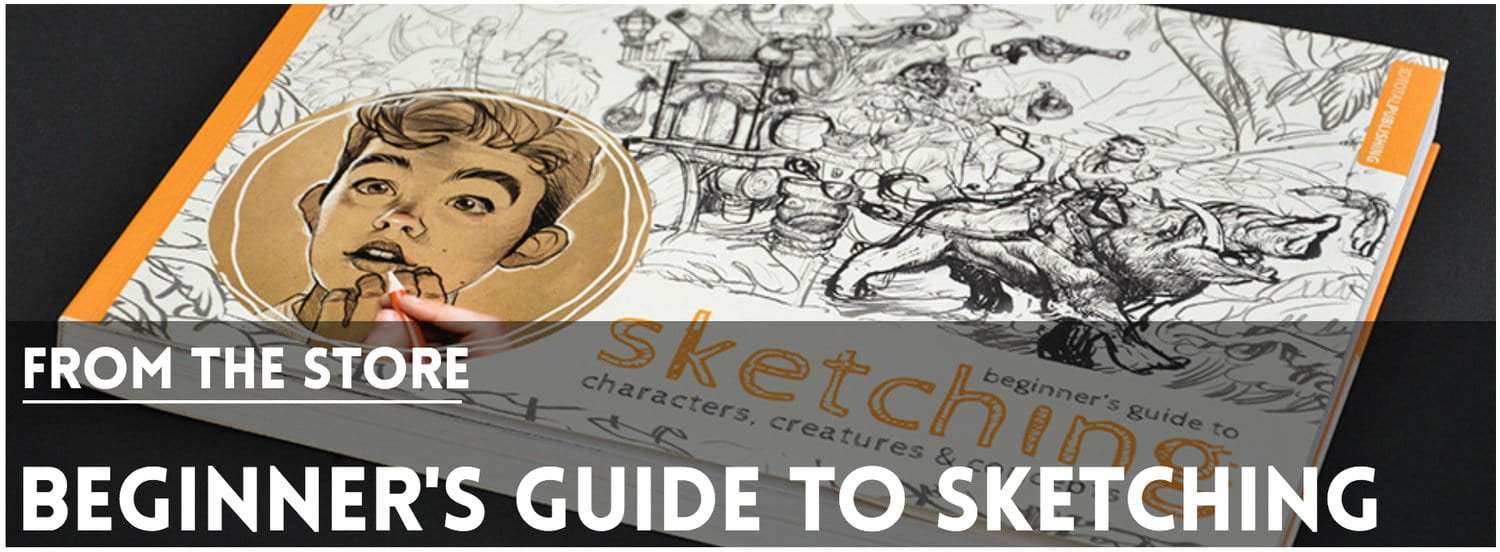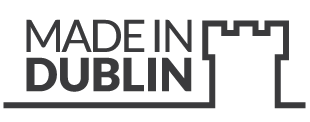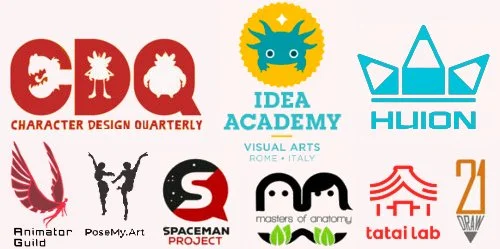Aimee Cairns
/Where did you grow up? At what age did you start thinking about pursuing an artistic career?
I grew up in England & New Zealand. I considered art as a career at 14 because the internet showed that some people can do it.
Did you go to an art school or are you self taught? How did you develop your skills?
I attempted a Bachelor of Fine-art but changed to a Diploma of Animation at a different school because I didn't fit well with the university course. My mother taught me to paint when I was a child, and I have developed most of my art skills though self-directed study. I look at what others do a lot, and try to aim really high, comparing myself to the best of the best. I tried out lots of different mediums and styles in my own time.
My partner of 5 years is also a good artist and gives me useful feedback. Finding other people with good skills and trying to understand what they do has helped me a lot. But most of all to develop my skills, I needed to consistently ask myself what I wanted, what I was trying to do, and how I was going to do it.
Have you always been supported in your artistic path or has it been challenging to let your family and friends understand your choice?
My friends and family always supported me. For some reason they think I know what I am doing, hahaha.
What was the strongest influence you had when you were growing up ( artists, movies, cartoons, comics etc.. ) ?
Hmmm, in a way I think drawing was just how I interacted with and processed the world. I was a shy kid, we moved around a bit, and I got praised a lot for my art. I remember lots of random things sticking in my head. The branding they would put on girl's stuff. Disney's Tarzan. The Sims? Cicely Mary Barker's Flower Fairies book.
Did you have a favourite subject to draw when you were a child and do you still have one today? If you do, what makes it so special?
I made an illustration book of imaginary caterpillars when I was very young, I was extremely proud at the time. I've come back to wanting to draw them now! Nature and small creatures are what I like to draw most. They are special to me because it feels like you are seeing a whole world from the outside. It's a slow and calm moment where you can just watch.
From the initial client idea to the final work: What goes through your mind and what is the method you use when starting a project? Could you describe it?
To start a project I make myself a list of the key features the work needs to have. Then I think about palettes, compositions, and the “assets” that will be in the image. Quite often I am asked to do rough sketches but I don't really do those, I tend to just pencil and ink the few ideas I come up with. I do a flat colour paint-over of those inks (if they need colour), and present that. Then we pick one and I pretty much just start rendering up the final image, sending the client W.I.Ps occasionally. The client has to put a lot of faith in me, 'cus there's not many steps I can show them hahaha
What is your process in creating your art and what are your favourite tools?
I like inking and digital painting. For my process, I need to have a strong feeling or idea first, if my idea is too vague the picture usually comes out terrible. When i start, I think about what part I'm drawing of my idea, and the line I'm going to put down, before I draw it. I start out by drawing the simple shapes in pencil, then I rub out parts where I want to add more detail. In the end my pencil sketch will look almost as clean as the ink version. I think about the value composition when inking, what parts are going to be black or white or shaded. And then i just jump straight into it and try not to be scared of making mistakes. For digital paintings it's pretty much the same process if the work has line art. If there's no line art I have quite a few methods for building up the composition, but I tend to make a few shapes/objects and pretty much photo-bash them into a composition, after that I’ll make the whole thing greyscale/monotone to start adding details.
Once the values and details are roughly in place i start introducing colour back in, with a gradient map or filters or just painting on top. I like painting on top right now because it adds rich layers of colour over time. Then I flatten all that, mess around with the colours more, bring all the values into a mid range again, and start painting the next layer or details and contrast. I'll usually start introducing bright spots of colour near the end these days, because I've had a tendency in the past to start off WAAAaaay too saturated.
What part of the creation process is the most fun and easy and what part is the hardest?
Most of the process is fun because I'll work out a new process if I don't enjoy parts of it. It's hard when I have to draw something new, but the hardest part of the process is........ sitting. I don't like staying still for so long, I need lots of breaks and I don't like doing more than 2-4 hours sessions of painting, even for a project that's gonna take like 24 hours.
What is a typical day for you, and who are the people you work, collaborate or share your creative time with?
I work from home as a concept artist and art consultant, so I end up living a fairly solitary life. I communicate with the studio i work for via slack, and give feedback to other artists in the studio on a daily basis. My partner works in the same room as me, and we are constantly listening to let's plays, documentaries, game & film analysis's, and GDC talks. We talk about game development and art a lot. I hang out with my brother who is also interested in art & comics, we go for walks and talk about Warhammer.
What are some of the things you have learned from other artists who you have worked with or whose work you have seen?
Seeing other people's work in general teaches me new ways to think about visual language. I don't need a direct critique very often, but I seek it out from those who I know have the relevant knowledge.
Is there something that you have designed that you are most proud of?
I like pretty much everything I do. I know the artwork is good if I get a happy feeling from it; that feeling doesn't go away.
Do you have a longterm career goal? What would your dream project be?
I don't have a long term career goal or dream project, but I try to direct my career towards finding people and projects that enrich my life. I am a concept artist which is a discipline i quite enjoy, so continuing to work on projects where I am challenged in that area is good and I want to be better at narrative and make stories, so I have been trying to push myself in that direction. If I could make people feel stronger, like how some art can do for me, that would be a good goal.
Working in-house for a company or freelancing: what suits you best? And why?
I like working with teams because I get energised from being around people I like, but I am also good at working at home on my own and do not struggle with distractions too much. Freelancing is intense though, with the emails, invoices, contracts, taxes etc, so I am not sure if it is for me long term.
What advise would you give to an artist who is dealing with an artist's block? How do you boost your imagination and keep yourself creative?
Hmm, to me an art-block is induced by fear, so I do as much as I can to not be scared. I try to avoid an art-block by not taking too long a break between drawings, even if they are just doodles. I try to have an idea of what I'm trying to learn or achieve over a month, and keep hold of that thought. If I do forget, I'll often just pick up from whenever was the last time I DID have an idea. I leave myself lots of bread crumbs to find myself again, like keeping a calendar of when I've drawn/doodled stuff, and post frequently on the internet, to jog my memory. I write in a journal statements to myself of what I'm trying to do/learn because I forget all the time. If I am really in a pickle, I try to draw something that will make me laugh. If I am getting an art-block over a sustained period of time, it means I need to reflect on myself. What do I want? What is interesting now? What am I trying to do? Where am I going? How am I feeling? Etc. I've had a generalised anxiety disorder for a long time, which often disrupts my creativity. It used to drive me mad, but I got better at this process over the years. Remember to be kind to yourself. Say nice things to yourself. Be the collaborator you want to work with.
Concept art, animation, illustration, comics, you name it. There are so many careers and when you are very young, sometimes you know only one thing: you simply love to draw. In your opinion, what should a young person take into consideration to make the right decision when choosing an artistic path?
I didn't think where I would go when I was younger, and didn't have a specific path in mind. All these industries are quite small in New Zealand, so it was more a matter of what studio I wanted to work for, or what lifestyle I wanted. I had a tendency to just pick a place or situation that seemed like a good idea, then reassess that over time, and keep moving to where I felt like I needed to be to grow. My skills have grown to adapt to most of these career paths, through having a strong conceptual process and technical skill to finish things.
So I guess I would say, don't neglect improving your skill of having ideas, as well as improving your drawing skills, and just keep going forward. These days I think of the anime Bakuman, where they say something like, “if it's interesting, it will sell”. So i just try to make things interesting and find out where they can fit (games, comics, illustrations, etc).
In your own experience, what would you suggest to someone who is inspired by your work and wants to follows your footsteps: should they work in one consistent style, or work on many different ones?
I think styles are created out of circumstance. I tried to develop a style that would allow me to get out ideas quickly, look cute, and have some instantly understandable aspect about it. This is because I had limited free time, wanted to feel good, and wanted others to understand what I have drawn. At work, I design different styles to suit the needs of the project.
In the case of a portfolio, it is probably good to show you can build a style tailored specifically to that project. On the other hand, maybe you want people to hire you specifically for your style? It's up to you! To me drawing is a language, but with pictures instead of words. Work on having a clear language that suits what you're trying to express. Developing an understanding of how to build visual languages, I think is important. Whether this means you stay in one style, or try out lots of styles, I don't think it matters. The content is what you want to say, and the style is how you want to say it!!!!!!!!!! Haha, at least this is what I tell myself.
Who are the artists who inspire you the most today and what are some of your favourite designs out there?
Natali Koromoto, Grace Bruxner ( @gracebruxner ), Alexandria DeVaux ( Wawe Studio ), Nadia Kim ( @nkim_illustrate ) & Jenny ( @q_dork ). Their bodies of work, and they way they've forged their own paths, are inspirational. I aspire to be like them! I work in game development, so I look at Nintendo a lot. Those are the kinds of game styles and concepts I want to make, and I also really like the Dragon Quest concept art right now; if i ever feel like I'm going too far with a concept I look at those and go “NOT FAR ENOUGH!”
Social networks, crowd funding websites, print on demand online services and so on. New media on the Internet are connecting the artists directly with their fans like never before. In your opinion, how is this affecting the industry and what are the pros and cons?
It seems like it’s useful for people who live in smaller countries, or countries further away from the epicentres of animation, games, & comics, so they can learn and connect with others. People have a lot more access to other artists and resources. Most people I know are overwhelmed by having to “keep up” with the Internet. I have had to let go of that expectation of myself, and go at my own pace and do my own thing. I don't explicitly try to make money from the internet, but I am in the fortunate circumstance of already having a stable job that pays the bills. I worry that a lot of people feel obligated to monetise their identity in order to survive.
Finally, where can we see your art online and get in touch with you? How can we buy your creations and support your work?
You can find me at ( @TokeninAC ) on Twitter, and my portfolio on Behance is ( behance.net/aimeecairns )! I'm not selling anything right now but you can support my work by following me on social media.
Thank you Aimee :)
